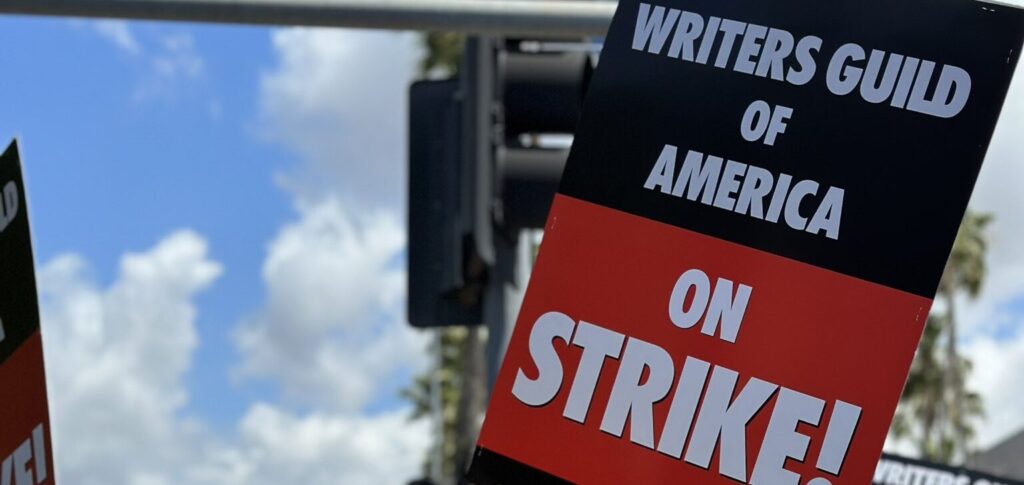Who is involved in the strike?
On one side are the studios Hollywood, TV channels, streaming companies and producers who make and/or distribute most of the content. They are represented in negotiations by Alliance of Motion Picture and Television Producers (AMPTP).
ADVERTISING
On the other, there is the Writers Guild of America (WGA), which represents Hollywood screenwriters. Supporting the WGA are many other powerful unions, including SAG-AFTRA and the Directors Guild of America (DGA).
Why did the strike start?
The announcement of the start of the strike, last Tuesday (2), came after AMPTP, which represents companies such as Disney or Netflix, stated in a statement that the negotiations “ended without an agreement”. The studios' responses to the category's demands were “insufficient, given the existential crisis that screenwriters are facing,” the union said.
How could the strike impact the entertainment market?
The Hollywood writers' strike means late-night talk shows could come to an immediate halt. TV series and films scheduled to premiere at the end of the year and in subsequent months may experience major delays.
ADVERTISING
The last time there was a union conflict of this kind in Hollywood, in 2007, screenwriters walked out of work for 100 days, costing the Los Angeles entertainment industry nearly $2 billion. Time is money, right?
What do Hollywood screenwriters demand?
The screenwriters say it is difficult to make a living from their work, with salaries falling behind or even falling due to the inflation, while their employers make profits and increase the salaries of their executives. The union believes that it has never seen so many scriptwriters working for the minimum wage set by the unions, while television stations hire fewer people to write increasingly shorter series.
AMPTP stated that the union's demand for “mandatory employees” at the studios, which would imply a fixed staff of screenwriters “during a specific period, whether they are needed or not”, was one of the points of disagreement. Another point was the payment formula for the writers of the series shown on streaming platforms, which in companies like Netflix tend to be visible for years.
ADVERTISING
For several decades, screenwriters have been paid “residual rights” for reusing their works, a percentage of the revenue earned by the studios for the film or show, or a flat fee each time an episode is played. But with streaming, screenwriters simply get a fixed annual paycheck, even if their work is a huge hit like “Bridgerton” or “Stranger Things,” seen by millions of viewers around the world. The WGA calls for the reevaluation of these values, which are currently “too low in view of the massive international reuse” of these programs.
AMPTP states that payments of “residual rights” to screenwriters reached a record of 494 million dollars in 2021, against 333 million ten years earlier. It also rejects suggestions that studios are alleging false economic difficulties to bolster their position in negotiations.
After the high spending of recent years, when competing streaming platforms tried at all costs to increase their subscribers, studios are now under intense pressure from investors to cut costs and turn a profit.
ADVERTISING
(With information from AFP)
@curtonews Why are Hollywood film and television writers on strike? What are the demands?
♬ original sound – Curto News
See also:
Receive news and newsletters do Curto News by Telegram e WhatsApp.




